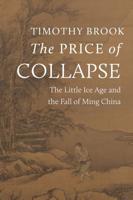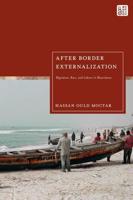Publisher's Synopsis
Municipal Services and Employees in the Modern City considers the roles played by local institutions and particular processes that shaped the urban fabric. It rediscovers from models and maps the constituent dynamics of cities since the beginning of the nineteenth century, and demonstrates how patterns evolved in the way services and locations were organized; how urban transformation was underpinned by structural development, and how the municipal workforce became an integral part of the agencies of change. Municipal Services and Employees in the Modern City suggests that municipal experiences are central to the development of urban studies. Its focus of analysis ranges across Europe and the Americas from high-ranking bureaucrats to firefighters, engineers to accountants, and town clerks to public servants. Each essay provides detailed information on how change was formulated or resisted within the administrative apparatus, offering insight into a sector of the 'white-collar' class and the degree of commitment to public values often at times of social and political upheaval. They explore the course of relationships between local and central government, and the shifting bounds of municipal interventionism over a broad period; whilst incorporating a social history approach to interpret the day-to-day responsibilities and routine of administration.











